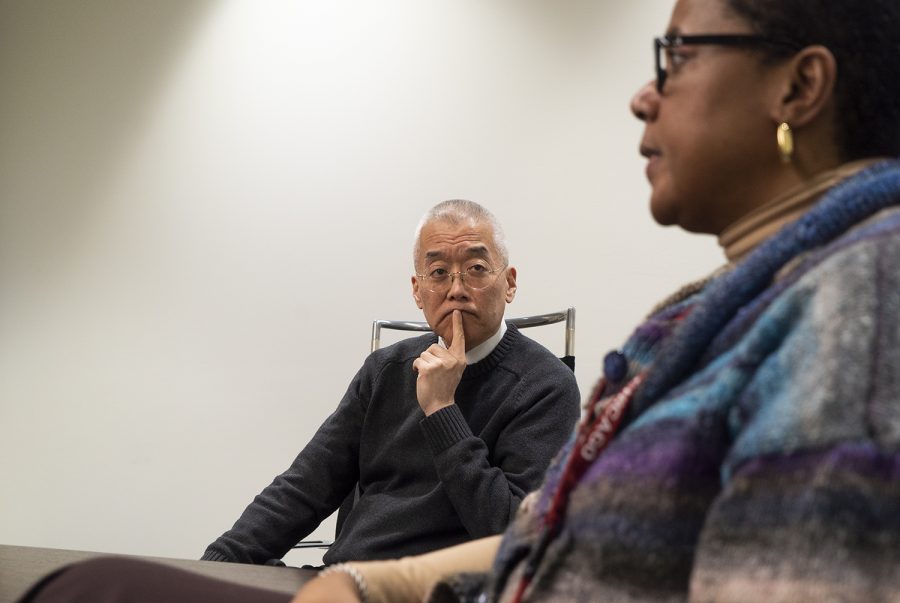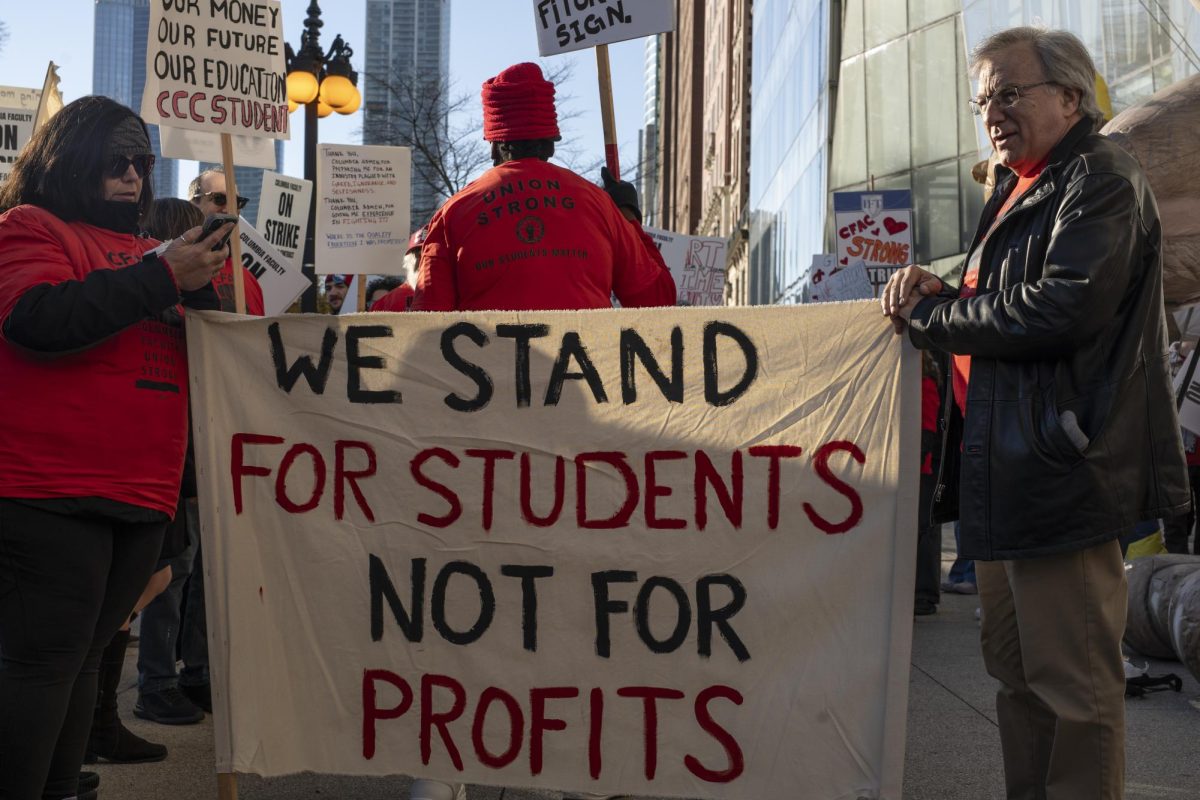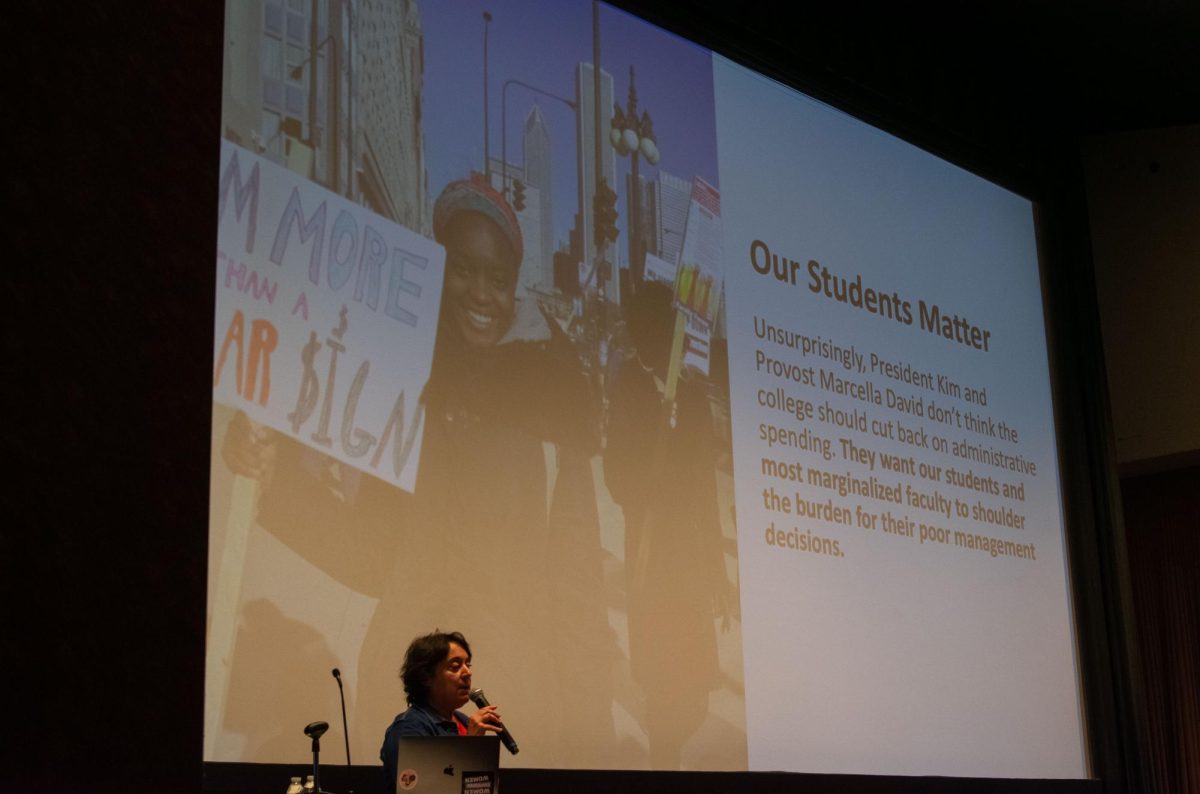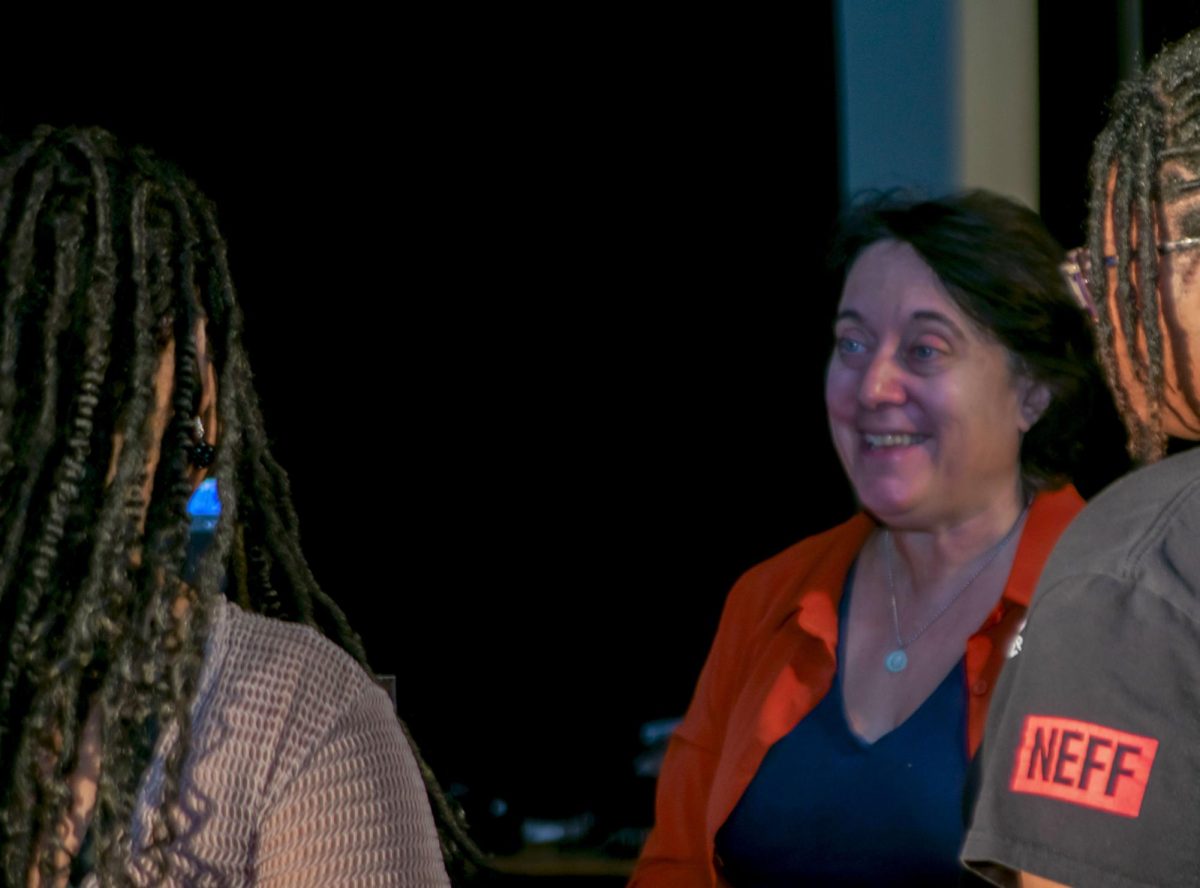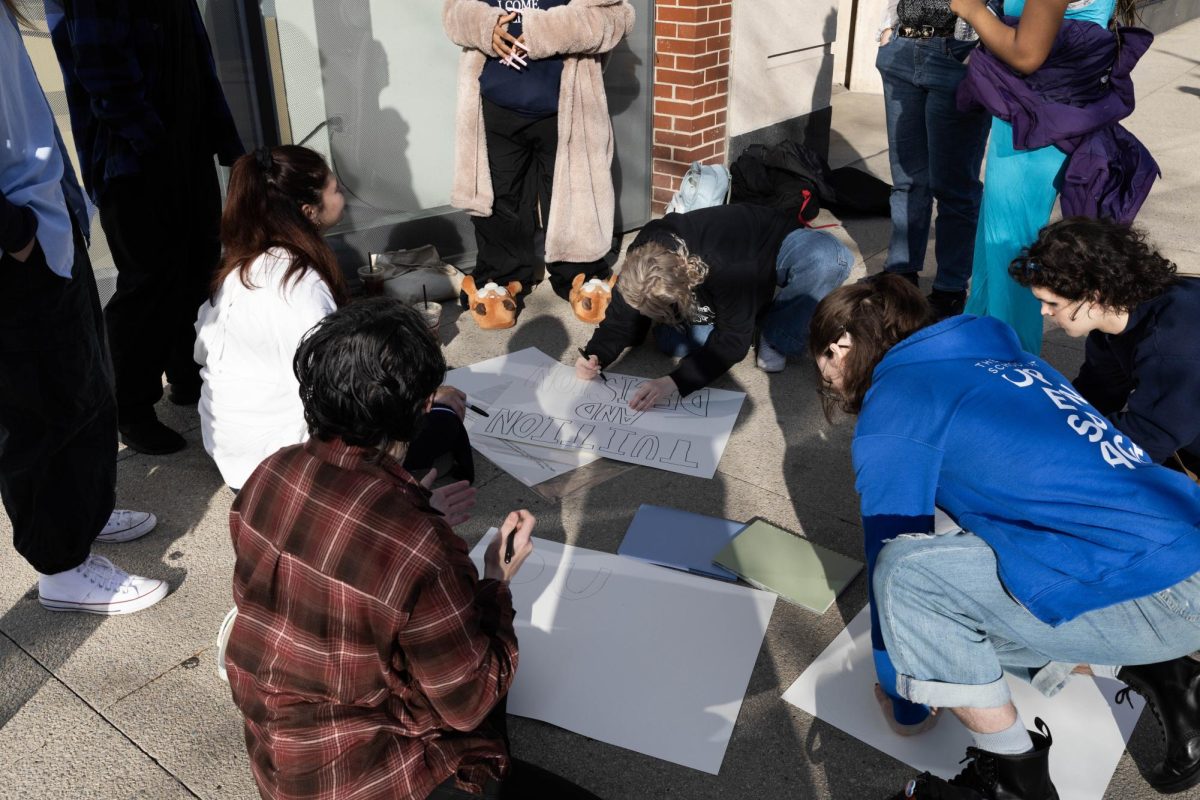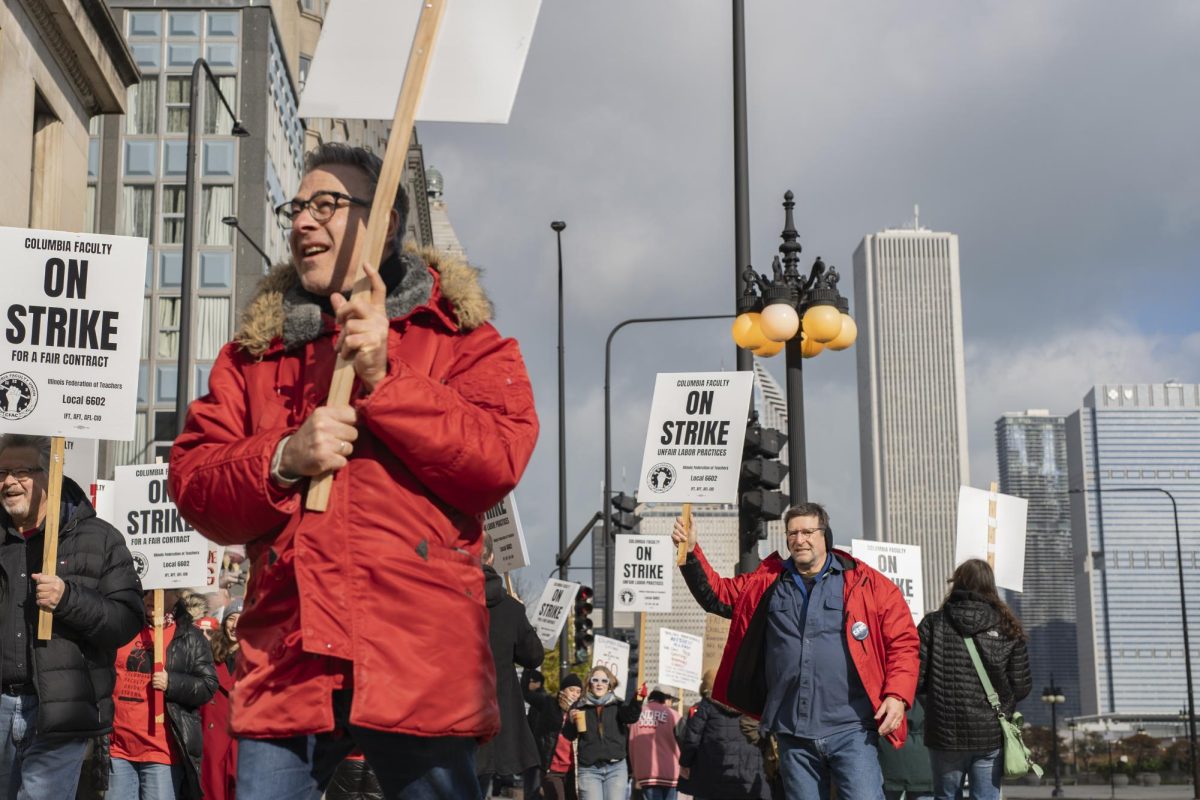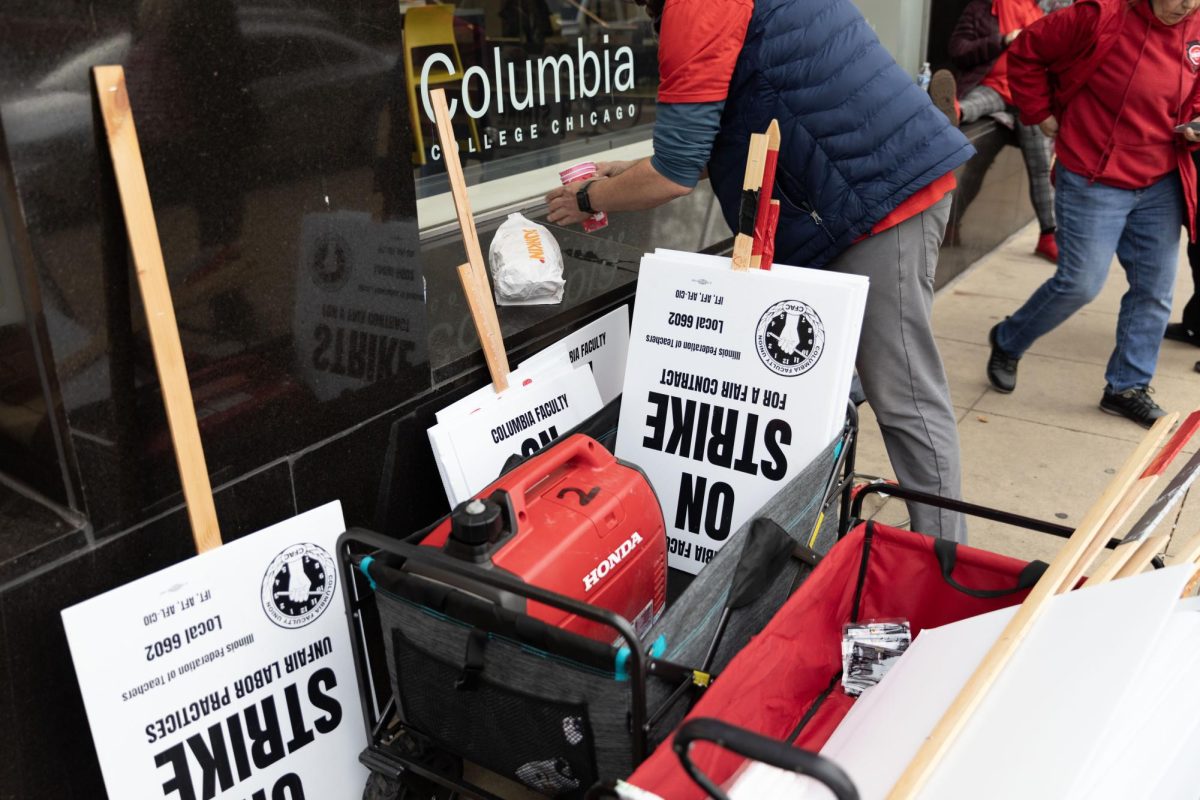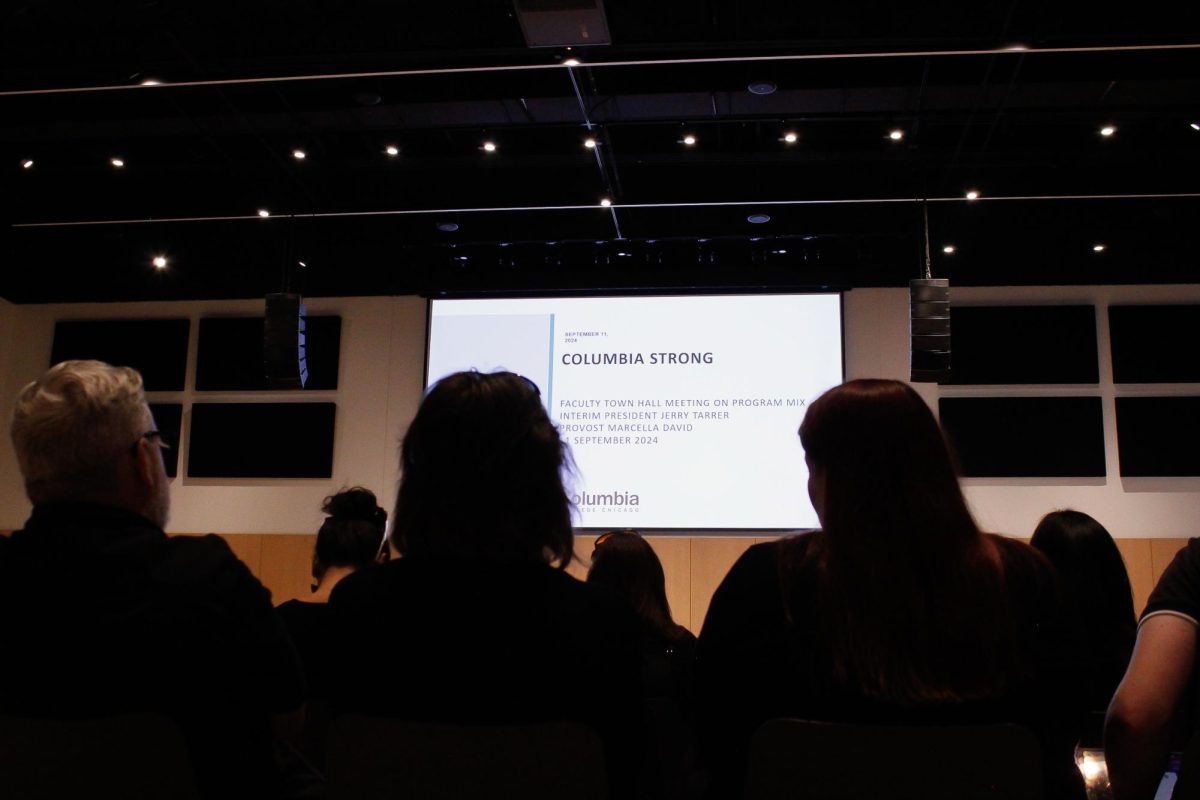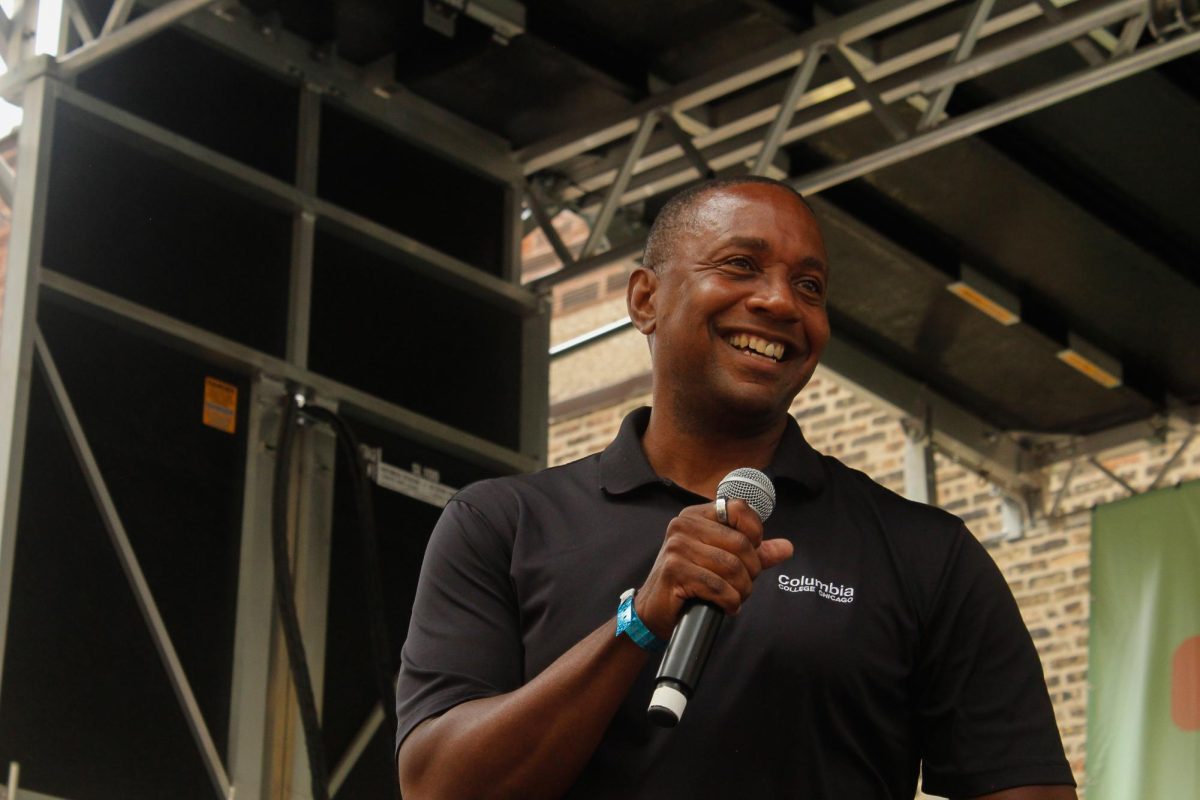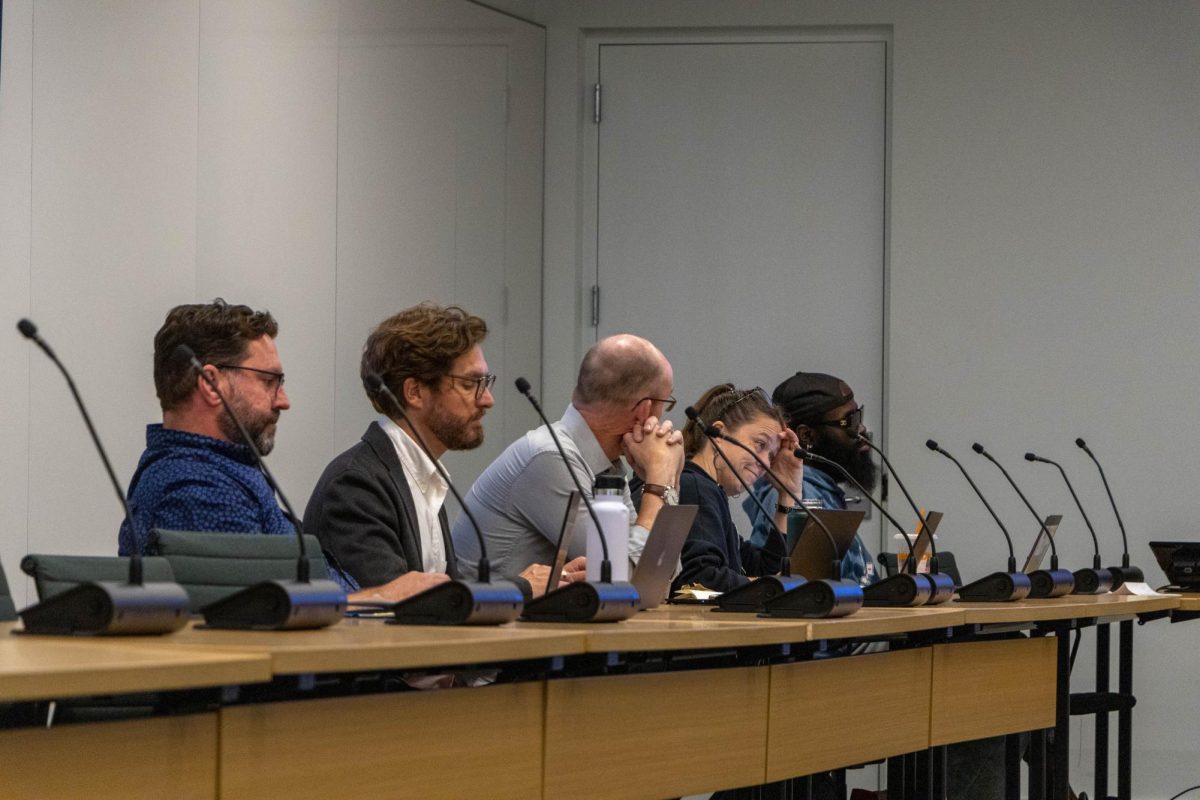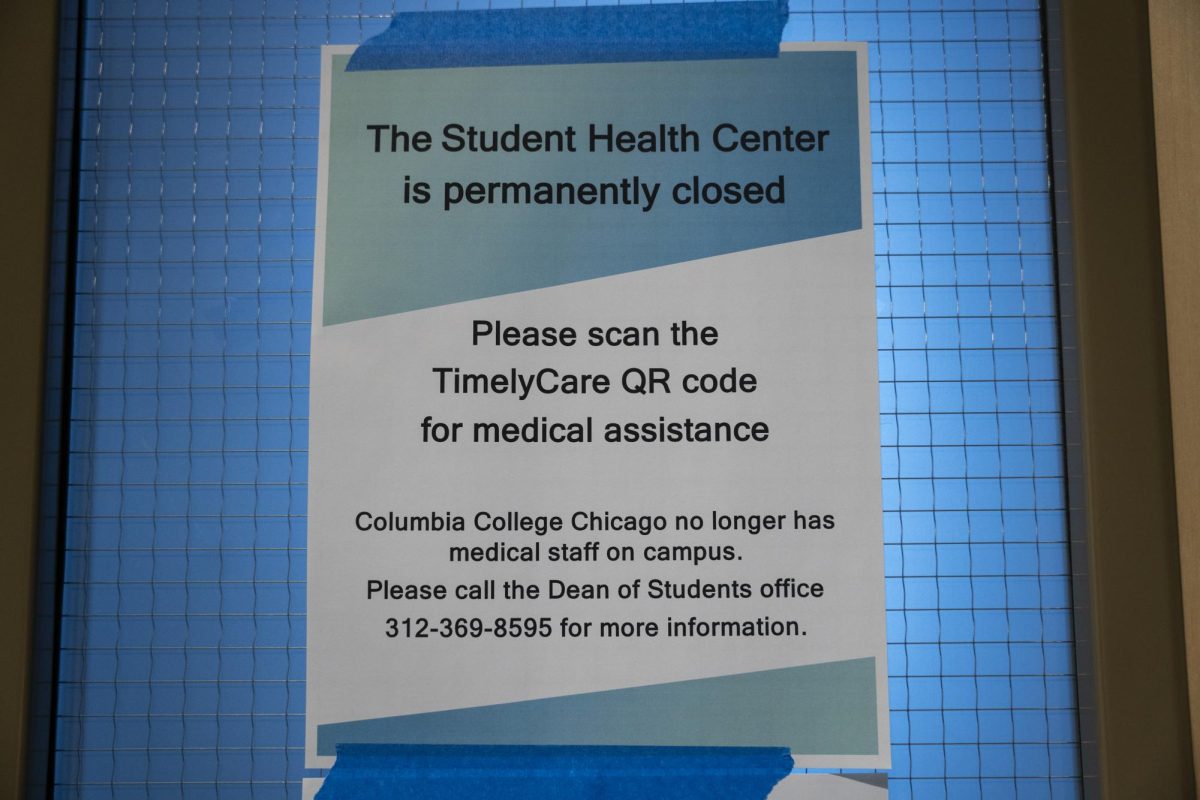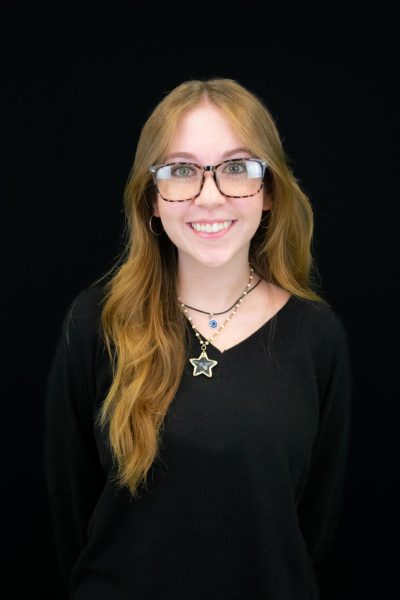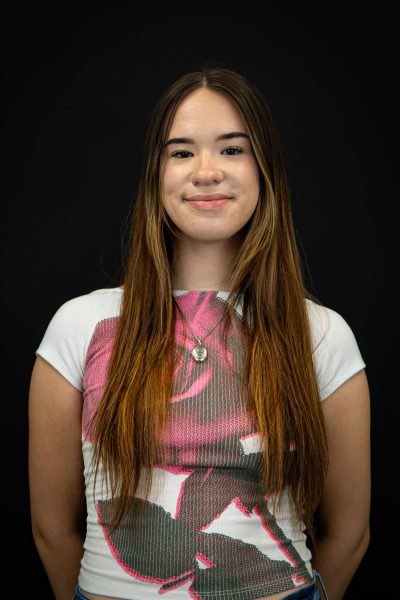Angry students, anxious about the three-week-old part-time faculty strike and rising tuition rates, confronted Columbia leaders during an annual chat with President and CEO Kwang-Wu Kim on Thursday, Nov. 16, sponsored by the Student Government Association.
Although the chat was disabled, students shared their concerns about the forum’s format – as well as some of the answers from administrators – on the Engage App and on a private Discord channel.
Students were upset about the amount of time they were given to ask their questions during the hour and a half long event, and multiple students raised their hands several times to finish speaking to Kim after they were muted.
When a parent joined their student on the Zoom call with a question for Kim, President of SGA Tyler Harding said that the SGA event was “for students, by students” and would not allow the parent to continue. This upset some of the students who wanted parents to be able to speak.
The “Let’s Chat” event had originally been scheduled to be held in the Student Center but was moved to Zoom after campus security raised concerns about safety and space limitations.
The Columbia Faculty Union has been on strike since Monday, Oct. 30 over cost-cutting measures the college is taking to reduce a $20 million deficit.
According to Harding, approximately 70 students were registered on Engage and over 110 students attended the Zoom, which was attended by Kim and all of the members of this cabinet: Senior Vice President and Provost Marcella David, Senior Vice President of Enrollment Management and Retention Michael A. Joseph, Associate Vice President of Strategic Communications and External Relations Lambrini M. Lukidis, Chief of Staff Laurent Pernot, Senior Vice President of Business Affairs/CFO Jerry Tarrer, Vice President of Student Affairs Sharon Wilson-Taylor and Special Counsel Labor Relations Terence Smith.
“All of the members of my administrative leadership team are here because depending on the nature of your questions, I always want to make sure that we can answer as specifically as possible, and there will probably be some questions where I’m not the content expert,” Kim said.
Here is a selection of the questions and answers from the forum.
When asked about reimbursement of tuition money:
Kim said they have been considering this, but since some students have had minimal impact and some have had more, there are “different categories to look at.”
When asked about Kim’s presence at negotiations:
Kim said he doesn’t imagine himself “being more intimately involved in these negotiations” and doesn’t think he “adds anything by sitting at the table.”
When asked where tuition money is going:
Kim said most of the money spent at Columbia goes towards faculty and staff salaries while the remaining funds go towards general operations.
When asked about class sizes:
One student said: “I’m disabled. I chose Columbia because I need help adapting to my disability. With the increasing class size I keep seeing at Columbia, I’m looking at dropping out right now.”
David told students “there is no goal to make every class big.”
“The idea is for us to find those efficiencies where we can predict predominantly in lecture classes, but to still have a lot of range of class sizes and in the major requirements that are really tied to small learning experiences, be able to provide those small learning experiences.” David said.
When asked about increased tuition:
Kim told students, “I think it’s likely that tuition will continue to increase. The question is more the rate of increase.”
When asked if students should transfer or not:
The rate of students withdrawing mid-semester is down from previous years, and registration rates are “running a little bit ahead of where they were last year as a percentage of our eligible students,” Joseph said.
When asked about Kim’s salary:
“My salary is set by the board and the board does an analysis of executive compensation,” Kim said. “I think that, you know, I don’t really know what else I can tell you. I want to be honest. I think it’s fair to say that different people at the institution have different responsibilities to the institution, but I think that’s probably the most I can say.”
When asked about why the fifth floor of the 600 S. Michigan Ave. building was blocked during a student protest earlier in the day:
Kim did not know the fifth floor was blocked off. Pernot said it was security at the fifth floor who were stopping people from coming up because the “fifth floor is open if you have an appointment or if you work there” and was closed to other people.
When asked about personal sacrifices administration has taken to tackle deficit:
Kim said over the past couple of years, the president’s cabinet has “made several millions dollars worth” of reductions in terms of positions. He also said they have made reductions in staff, administrators, and cut back on operational expenditures. They are also asking full-time faculty to “consider taking on more assignments and more teaching” as a way of also reducing some costs.
Since 2018, Kim and the rest of the president’s cabinet have reduced the college by “about 121 positions,” most of them being on the administrative side of the college. This has reduced the budget by $40 million in expenditures, according to Kim.
When asked about Columbia rebuilding trust and maintaining a positive campus culture:
Kim said the college is working on having more open communication and finding “better ways of including more voices.”
“It’s actually going to be the next big challenge is getting through this, putting some things behind us and moving forward again, as a unified community,” Kim said. “We will work at that because it’s going to take work, it’s going to take real effort.”
This story has been updated.


